Case Studies
Read what independent studies have shown about the performance of our natural asphalt across variable weather conditions and try RockAsphalt© for free today.

Featured Publication
What Studies Show About The Performance Of RockAsphalt© Across Variable Weather Conditions
This study compared the performance of Limestone Rock Asphalt (LRA) to two popular cold mix alternatives across different weather conditions in seven cities in Texas. LRA showed consistent performance, was popular, and had unique characteristics due to its natural deposits in Texas. The study recommended LRA as a suitable alternative to UPM for use in wet potholes and found no competing products in Texas.




In a study commissioned by TXDOT and the FHWA, independent researchers from Texas A&M University and the Texas Transportation Institute conducted long-term field trials in seven cities comparing the performance of RockAsphalt© (here simply referred to as “Limestone Rock Asphalt” or “LRA”) to two popular cold mix alternatives across hot-cold and dry-wet weather conditions. Their objective was to “evaluate the long term performance of each repair, with respect to the material’s ease of handling, susceptibility to raveling, bleeding, shoving, and its ability to maintain stockpile workability.”
Field Trial Results and Comparison to Other Cold Mixes
The study begins with a general review of the field trial results reported by engineers from seven city districts in Texas, after which the authors summarize their findings. “Limestone Rock Asphalt [LRA] materials,” the researchers went on to write, “continued to give overall good performance and were popular in most all of the districts.” Adding that, in contrast to the other cold mix patches tested, our Limestone Rock Asphalt’s [LRA] “workability and performance under dry conditions was considered exceptional.” In wet and cold conditions, however, the researchers found that “performance of UPM, Instant Road Repair, and LRA was characteristically similar” but that “districts that used all three of these materials in their field tests tended to consider the cost of UPM and Instant Road Repair to be too high.”
Laboratory Test Results of LRA and Other Cold Mixes
“The unique characteristics of LRA,” the researchers exposited, “are derived from its existence in an almost ready-to-use condition in naturally created deposits located almost exclusively in Texas.” This was made evident in the second part of the study, when the researchers put the three asphalt formulations through a battery of laboratory tests to assess their different material compositions.
| Lab Test | UPM | Instant Road Repair | Limestone Rock Asphalt |
|---|---|---|---|
| Air Void (%) | 2.65 | 14.25 | 3.4 |
| VMA (%) | 11.7 | 19.4 | 13.2 |
| Marshall Stability (lbs) | 900 | 1088 | 893 |
| Hveem Stability | 22 | 41 | 35 |
| Tensile Strength Before Moisture (psi) | 30 | 61 | 53 |
| Tensile Strength After Moisture (psi) | 23 | 22 | 22 |
| Bitumen Content (%) | 6.07 | 5.12 | 6.1 |
| Marshall Flow (.01’’) | 17 | 11 | 20 |
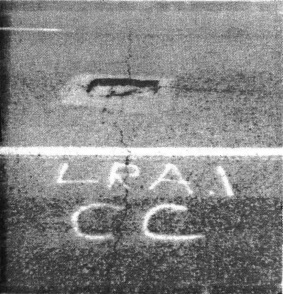
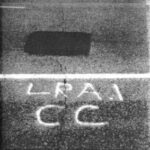
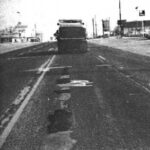
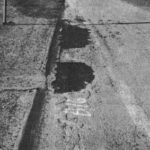
Unique Properties of LRA
The researchers suggested that the consistent performance of LRA across dry-wet and hot-cold weather conditions could in part be explained by its native properties. Not only did they note that a high-purity bitumen binder is integrally bound into the LRA aggregate, they also observed that: (hereafter are direct quotes)
Recommendations and Conclusion
Most importantly, based on LRA’s performance in lab and field test across variable weather conditions, the researchers concluded their report by recommending “the removal of UPM from the sole source proprietary item list” maintained by TXDOT having found that our Limestone Rock Asphalt “could meet specifications and prove to be a suitable alternative to UPM for use in wet potholes.” The authors of this independent study, both professors of engineering at Texas A&M, even noted in their final remarks that when all unit costs were considered “there are currently no products available in Texas which can compete directly with LRA.”
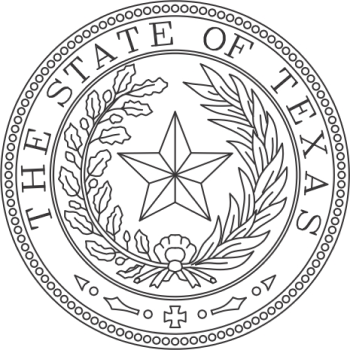
RESEARCHERS: L. J. Sequeira Ph.D, J. W. Button Ph.D
GRANT NUMBER: 2-18-89-1176
REPORT: FHWA/TX-91-1176-1f
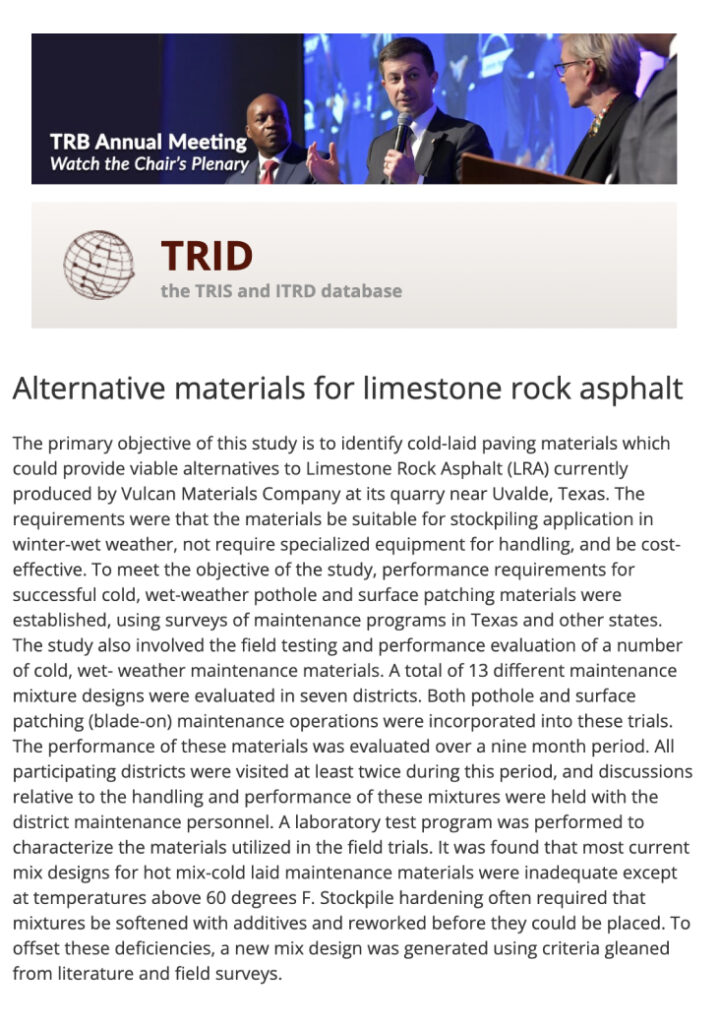
GRANT NUMBER: 2-18-89-1176
RESEARCHERS: L. J. Sequeira Ph.D, J. W. Button Ph.D
INSTITUTIONS: Texas A&M University, Texas Transportation Institute
SOURCE: View research publication

